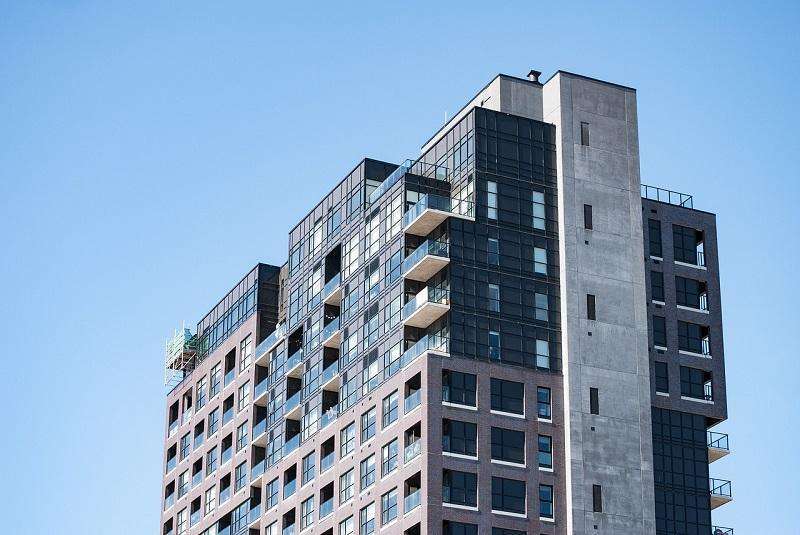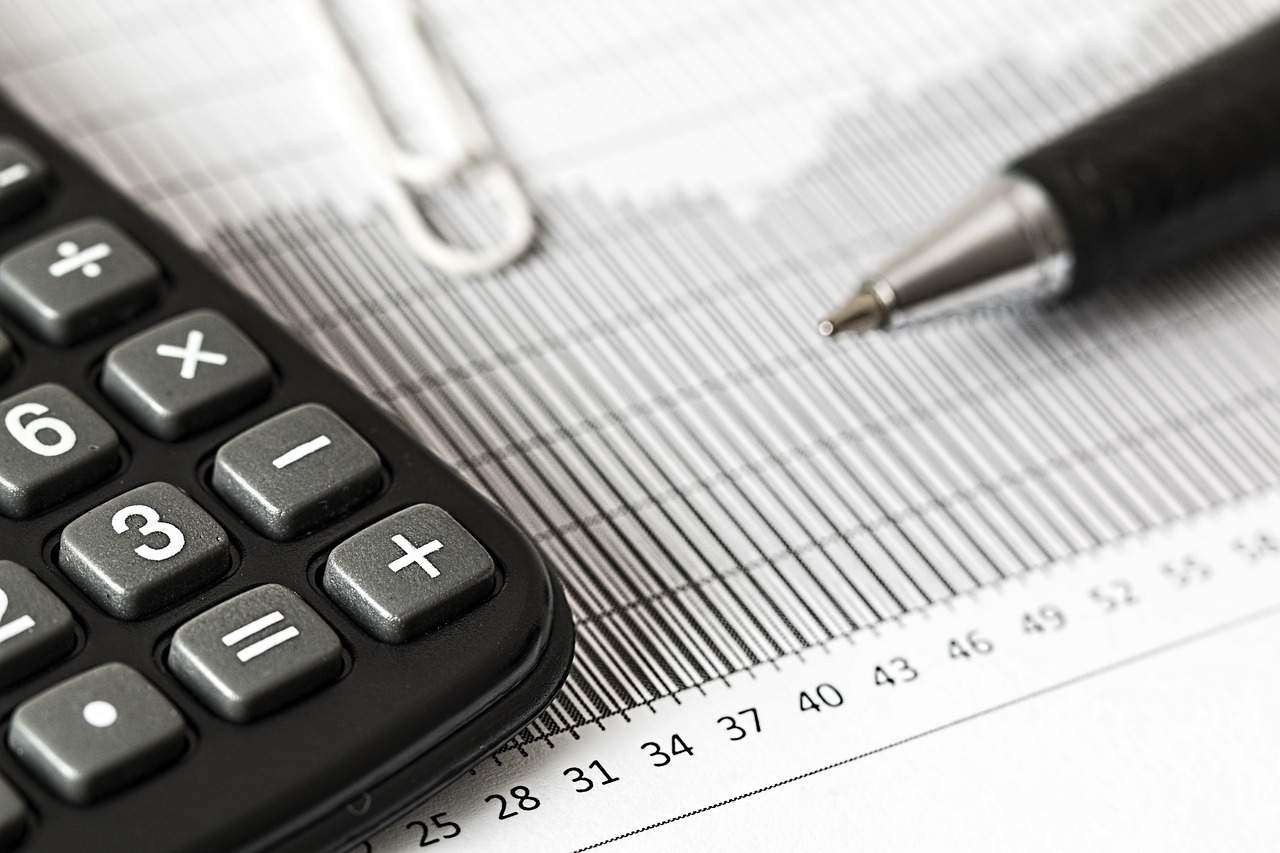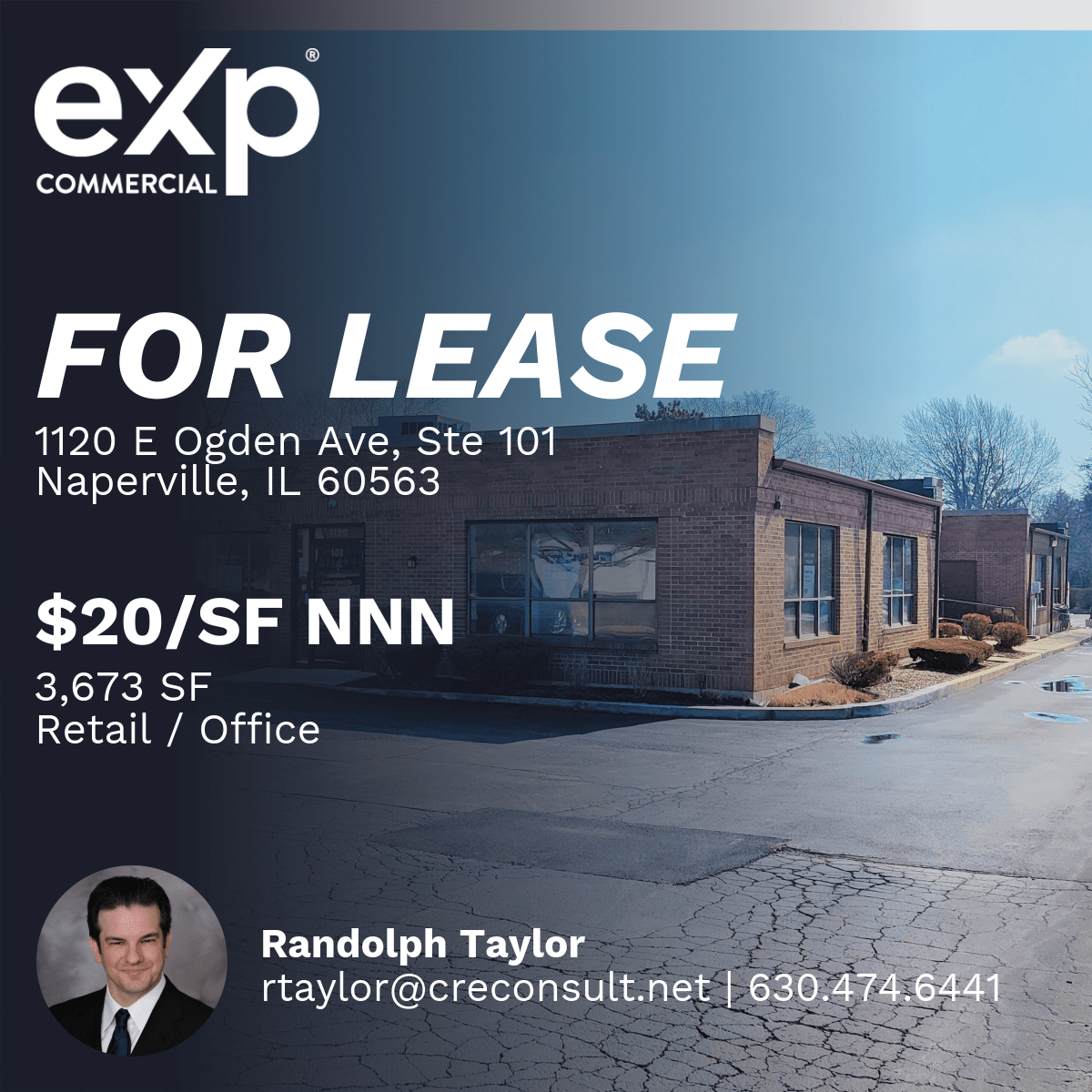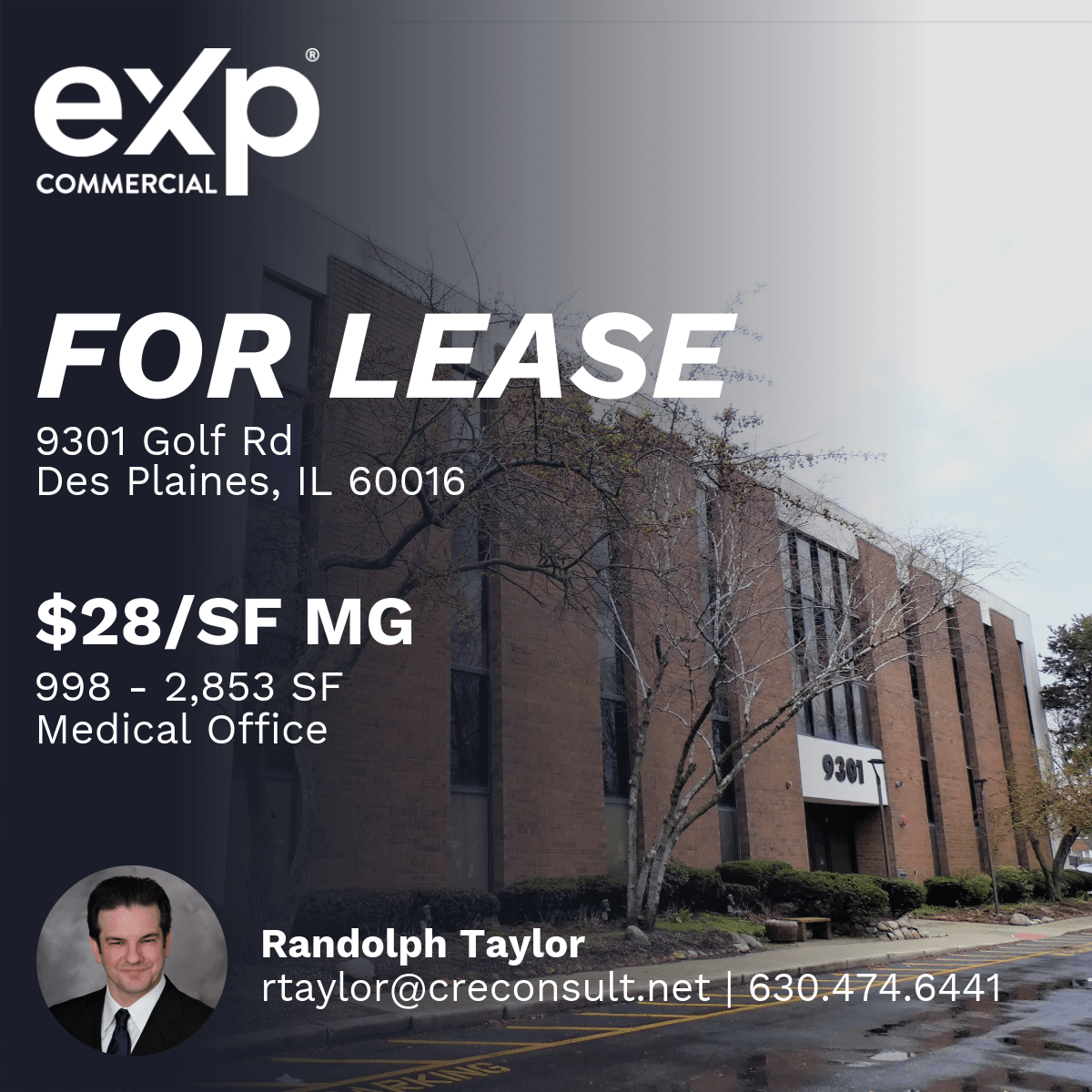
In 2021, the U.S. saw 91 billion dollars invested in building commercial real estate. While this is an excellent sign that the commercial real estate industry is booming, it also creates more competition for owners trying to sell.
Here are ten tips to help you get ahead of the curve to help your commercial property sell quickly.
1. Determine the Fair Market Value of Your Property
Without a professional estimate, you may be overestimating your property's value, which could deter potential buyers or leave money on the table.
Hiring an expert to perform a market value estimate is a good idea, as is gathering your market intelligence. You can find out what price other similar properties in your area are selling for. The information will be more accurate since the calculations are based on usable area, not total area. You will get a more precise overview of the price of real estate compared to your property.
2. Order Your Report Title Immediately
As soon as you know you want to sell your commercial property, call your real estate attorney and order your title. A great real estate attorney will quickly respond to your request and walk you through the steps, starting with the most complicated items. The title report can take up to 10 days to arrive, and the faster you get your title, the quicker you can sell your property.
3. Update Your Environmental Reports
If your environmental reports are more than six months old, it’s time to update them. Interested buyers want to ensure they’re not purchasing a building with potential environmental risks. So make sure your environmental reports are up-to-date, complete, and precise.
Providing an accurate report will help you in the long run because it will reduce the number of questions and doubts your potential buyer may have. Remember that these reports can take up to 21 days to arrive, so do this as quickly as possible.
4. Get All of Your Paperwork Ready
Before you list your commercial property for sale, ensure you have your paperwork ready. Not being fully prepared can deter potential buyers as they may worry about dealing with unknown issues down the road. Ensure you have your ownership papers, permits, and certifications your new buyer will need.
If you have tenants in your commercial property, you will also want to gather and organize your rent roll along with any profits and loss statements from the past two years.
Providing the buyer with a rent roll will let them know which tenants are leaving soon and which are staying for the next few years. In addition, organizing your information clearly and concisely will let your buyer know where their rental income is coming from and identify potential opportunities to increase revenues after the transaction closes.
5. Create a Service History List
Make a list of your primary service vendors, such as those dealing with window cleaning/repairs, plumbing, electrical, HVAC, elevator, fire safety, and utilities.
Include in your list extensive service history records for any repairs or replacements. Providing this information will show your buyers that you are upfront and honest while allowing them to estimate how much they need to spend on future repairs and replacements.
6. Do a Thorough Clean Out
It’s hard for a potential owner-user buyer to picture purchasing your property if it’s cluttered with unnecessary items. So go through closets, storage rooms, etc., to ensure that anything left behind by previous tenants is removed. Likewise, anything outdated or an eyesore should be removed or kept out of view.
7. List Your Property on Commercial Real Estate Websites
Commercial real estate listing websites like Crexi are a great way to promote your property and potentially sell it faster. Doing so allows you to list your property at an attractive price while broadening your chances of reaching more serious buyers. When choosing a website to list your property, consider sites that generate a lot of traffic to increase your visibility and ones that are lower cost.
8. Use Social Media To Your Advantage
If used correctly, social media can be a free way to advertise your property. Post beautiful property pictures along with helpful information about the asset. Keep an eye on your posts to see how many people are viewing them, and reach out to anyone who seems interested. Also, look at similar pages where people advertise their properties and take notes on what attracts your eye.
9. Have a Cash Price in Mind
Having a cash price in your mind can lead to faster sales with buyers who are serious about purchasing. Setting a cash price motivates potential buyers and lets them know you are serious about selling.
Be cautious of offering a cash price to a buyer who intends to finance the purchase. Financing could delay your process by one to two months as the buyer may need to go through an appraisal, loan committee, review, necessary paperwork, etc., to complete the loan.
10. Choose an Experienced Commercial Real Estate Agent
Unless you have potential buyers lined up, you should contact a commercial real estate broker to help sell your property quickly and correctly. A great commercial real estate broker can provide you with a list of active qualified buyers; tell the broker if you want to sell fast.
One way to find an agent is to ask other commercial tenants and businesses around you for recommendations. In addition, it may be helpful to ask firms in similar industries to find a broker who specializes in your market.
The Bottom Line
When selling your commercial property quickly, think like a buyer. Get word of mouth out that you’re selling and provide plenty of information and pictures. Exhaust all of your resources to reach the most people.
In addition to aggressively marketing your property for sale, you want to show that you are organized and responsible so that future buyers can feel at ease. Ensure your property looks clean and have all your paperwork on hand to keep the transaction going smoothly. The better prepared you are, the greater the odds of getting your desired price.
Source: 10 Tips For Selling Commercial Real Estate | Crexi Insights
https://www.creconsult.net/market-trends/10-tips-for-selling-commercial-real-estate/









